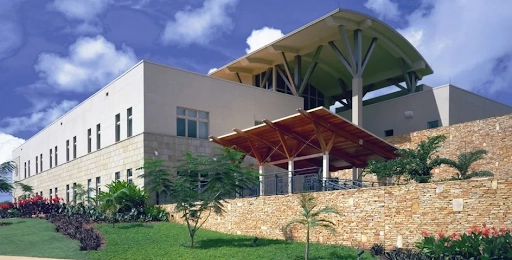“Give me your tired, your poor, your huddled masses yearning to breathe free.” This line from “The New Colossus,” by…
Opening the Door for Cooperation––Indonesia in the 1960s
The 1960s in Indonesia proved to be a tumultuous period that saw territorial tensions, political strife, and the genocide of…
Not so Sudan-ly—Six Years for Independence
Allan Reed’s extraordinary relationship with Sudan can be traced all the way back to the late 1960s, when he joined…
Duty and Danger: A Diplomatic Spouse Recounts Narrow Escapes from Uganda and Cambodia
Louise Keeley waited and worried in neighboring countries when her husband, American diplomat Robert V. “Bob” Keeley, faced the encircling…
An Espionage Caper in Ghana; Helping Americans Escape Rwanda — Scenes From a Diplomatic Life
Arlene Render’s career took her from a segregated neighborhood in Cleveland, Ohio, to three ambassadorships and a lifetime of diplomatic…
The collapse of Zaire at the end of the First Congo War 1997
In the aftermath of the 1994 Rwandan genocide, ethnic Hutu refugees — including génocidaires — who had crossed into East Zaire to escape persecution from the new Tutsi government carried out attacks against ethnic Tutsis from both Zaire (now the Democratic Republic of the Congo) and Rwandan refugees. The Zairian government was unable to control the ethnic Hutu marauders, and indeed lent them some support as allies against the new, Tutsi-led Rwandan government. In response, the Tutsis in Zaire joined a revolutionary coalition headed by Laurent-Désiré Kabila. Kabila’s aim was to overthrow Zaire’s one-party authoritarian government run by Mobutu Sese Seko since 1965. With Kabila’s forces on the march, Zaire was soon engulfed in conflict. These hostilities, which took place from 1996-1997, are known as the “First Congo War” and lead to the creation of Zaire’s successor state The Democratic Republic of Congo. The United States, who had supported Mobutu until the end of the Cold War, recognized how potentially dangerous the situation was as Kabila gained control of most of the country and advanced rapidly towards the capital city of Kinshasa. In 1997, the United States sent a small group of diplomats to broker negotiations and attempt to come to a peaceful agreement between Mobutu and Kabila.

Fleeing Rwanda to Survive, then Returning to Rebuild, 1994
On April 6, 1994, the presidents of Rwanda and Burundi were assassinated when their plane was shot down near Kigali…
Algeria’s Struggle for Independence
The modern-day People’s Democratic Republic of Algeria is now a proud, sovereign state in North Africa that readily influences the…
Naming Names: U.S. Embassy Jakarta and Indonesian Purges 1965-1966
An article by an American reporter alleged that the U.S. embassy in Jakarta played a role in the Indonesian massacres…
One Laptop Per Child — A Paradigm Shift in Education
According to a 2015 Brookings study, while the number of children attending primary school globally has grown dramatically over the…
